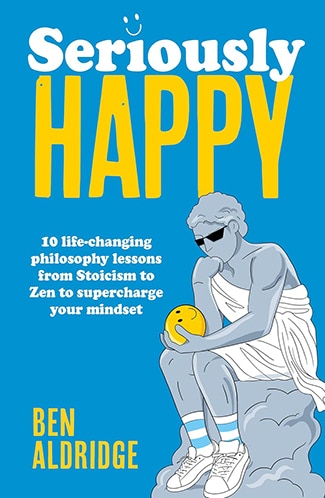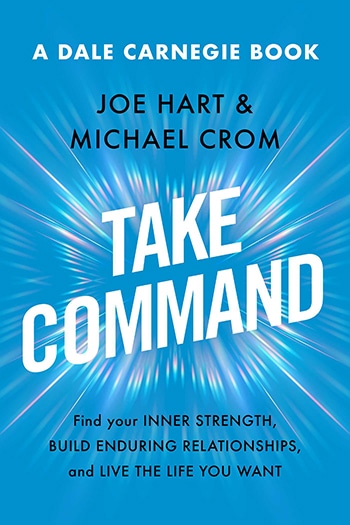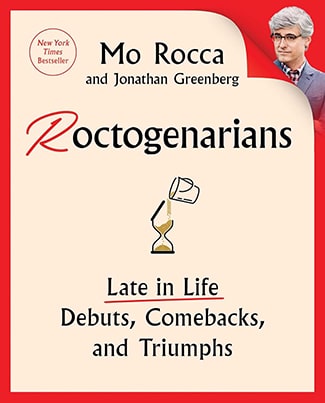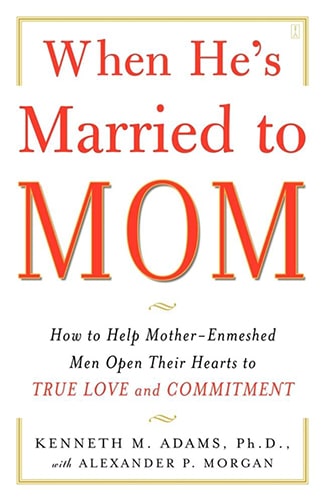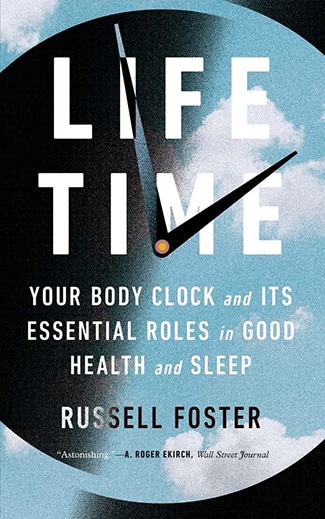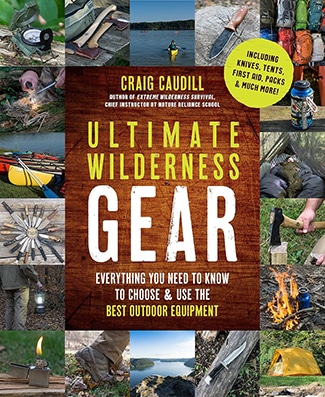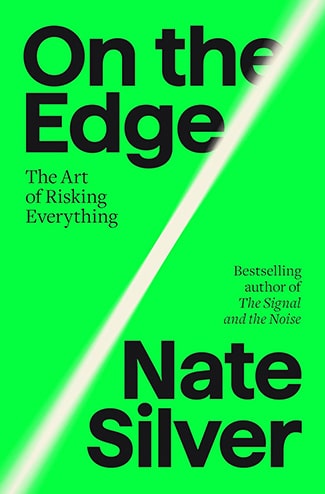Podcast Summary
River community habits: Effective risk takers share habits such as exercising strategic empathy, avoiding results-focused thinking, taking a razor-sharp stance towards life, and being open to learning from mistakes.
Key takeaway from this conversation with Nate Silver is that effective risk takers, whether they are gamblers, hedge fund managers, venture capitalists, astronauts, or former NFL players, share common habits. These habits include exercising strategic empathy, avoiding the pitfalls of results-focused thinking, taking a razor-sharp stance towards life, and being open to learning from mistakes. Silver, who has experience in poker, election forecasting, and running a sports forecasting company, calls this unique skill set "the river community." Members of this community are highly analytical and competitive, with a high tolerance for risk and uncertainty. By exploring the habits of individuals in various fields, Silver sheds light on how these individuals operate and thrive in their respective domains. In his book "On the Edge," Silver delves deep into the world of the river community, offering valuable insights for those looking to navigate the complexities of risk and uncertainty in their own lives.
Managing stress during high-risk situations: Deep breathing, taking your time, and managing stakes are effective techniques to manage stress and stay calm under pressure during high-risk situations
People who take physical or financial risks, whether they're astronauts, athletes, or traders, share the ability to stay calm under pressure. This trait, often referred to as being "in the zone," is characterized by heightened perceptual awareness and a faster heart rate. It's not about eliminating stress entirely, but learning to manage it effectively. For instance, deep breathing and taking your time are simple techniques to help manage stress during high-stakes situations. Additionally, it's crucial to play for stakes that you can afford to lose to avoid going "on tilt," a term used in poker for responding emotionally in an unhelpful way. Whether it's in poker, space exploration, or any other risky endeavor, the ability to stay calm under pressure is a valuable skill that sets successful risk-takers apart.
Going on tilt: Pressure and success can push individuals into making impulsive decisions, leading to unnecessary risks and downward spirals. Stay calm, focus on basics, and embrace courage to minimize risks and increase long-term success.
Both success and pressure can push individuals into making impulsive decisions, leading them to take unnecessary risks or go on a downward spiral. This phenomenon, known as "going on tilt," can happen in various areas, including poker, business, and even personal life. It's essential to stay calm under pressure and execute the basics, rather than trying to be a hero. Courage, which resides between competitiveness and confidence, is a vital trait for successful risk-takers. It involves being self-aware and willing to take calculated chances with a positive expected value. By embracing courage and focusing on executing under difficult circumstances, individuals can minimize risks and increase their chances of long-term success.
Strategic Empathy in Risk Taking: Successful risk takers possess strategic empathy, enabling them to understand opponents' perspectives and adjust strategies accordingly, striking a balance between calculated risk-taking and empathy.
Having a "chip on your shoulder" or feeling like you have something to prove can drive people to take extreme risks, but it can also lead to dangerous decisions and even hubris. Successful risk takers, however, possess strategic empathy, which means they can understand their opponents' perspectives and adjust their strategies accordingly. This is crucial in competitive environments where smart and bright individuals are involved. It's not about feeling empathy for your opponents but rather anticipating their moves to gain an advantage. Ultimately, it's essential to strike a balance between calculated risk-taking and strategic empathy to achieve success.
Decision Making in Competitive Fields: Success in competitive fields requires strategic empathy, continuous improvement, calculated risks, adaptability, and a focus on process over outcome. Luck also plays a role, but learning from examples and specializing in a few areas can lead to greater success.
Developing strategic empathy, learning from both successes and failures, and being willing to take calculated risks are essential for success in competitive fields such as poker or business. However, it's important to remember that luck plays a role in our lives and outcomes, and we should not solely judge the quality of a decision based on its outcome. Instead, we should focus on the process and continuously strive for improvement. Successful individuals often embrace a "raise or fold" attitude toward life, taking calculated risks and being willing to adapt when necessary. Additionally, specializing in a few areas and having a comparative advantage can lead to greater success than trying to be a jack of all trades. Learning from examples, such as Pete Carroll's decision in the 2015 Super Bowl, can provide valuable insights into making good decisions even when they don't always result in the desired outcome.
Mental Preparation for Risk Taking: Successful risk takers understand the importance of mental preparation and focus, as demonstrated by Andrew Luck's retirement and the use of poker solvers in strategic decision making.
Successful risk takers are prepared and understand the importance of mental preparation and focus. Andrew Luck's decision to retire from the NFL at the height of his career serves as an example of someone who recognized the value of quitting a risky situation and focusing on personal well-being. In contrast, muddling through a situation out of fear or unhappiness can lead to mistakes and decreased productivity. Preparation is crucial in various fields, including military missions and poker, where understanding the theoretical optimal play allows for strategic deviations and exploits of opponents. The use of poker solvers, which calculate the game theory optimal play, has significantly increased the level of sophistication in the poker world, enabling players to make more informed and intuitive decisions. Ultimately, mental preparation and focus are essential skills for successful risk takers, allowing them to make the most of opportunities and navigate unexpected challenges.
AI and human intelligence in risk taking: Successful risk takers combine AI and human intelligence, over-prepare, have a selectively high attention to detail, and are good estimators to make optimal moves in various high-stakes environments
Successful risk takers combine artificial intelligence and human intelligence, over-prepare, have a selectively high attention to detail, and are good estimators. Using the example of chess, the best players use both AI and human intuition to make optimal moves against other human opponents. Preparation is crucial in high-stakes environments like poker tournaments, where decisions can have significant value. In space travel, astronauts emphasize the importance of knowing what to pay attention to in complex situations. Poker players also emphasize the importance of pacing oneself and being aware of physical and mental health during long tournaments. Good risk takers are Bayesians, meaning they update their beliefs based on incomplete information, allowing them to adapt and adjust in social situations and make informed decisions.
Probabilistic Thinking: Gain experience, learn from it, and trust the process to improve probabilistic thinking. Understand probabilities and be contrarian in a conscientious way.
Developing the ability to think probabilistically can be beneficial in various aspects of life, especially when making decisions that can be repeated. This skill is often honed through practice, such as playing poker or making investments. Being aware of others' incentives and potential biases can also lead to better decision-making. Nate Silver, the author of "On the Edge: The Art of Risking Everything," emphasizes the importance of understanding probabilities and being contrarian in a conscientious way. To improve your probabilistic thinking, gain experience, learn from it, and trust the process. Silver also shares his insights through his newsletter, Silver Bulletin, available on Substack.

